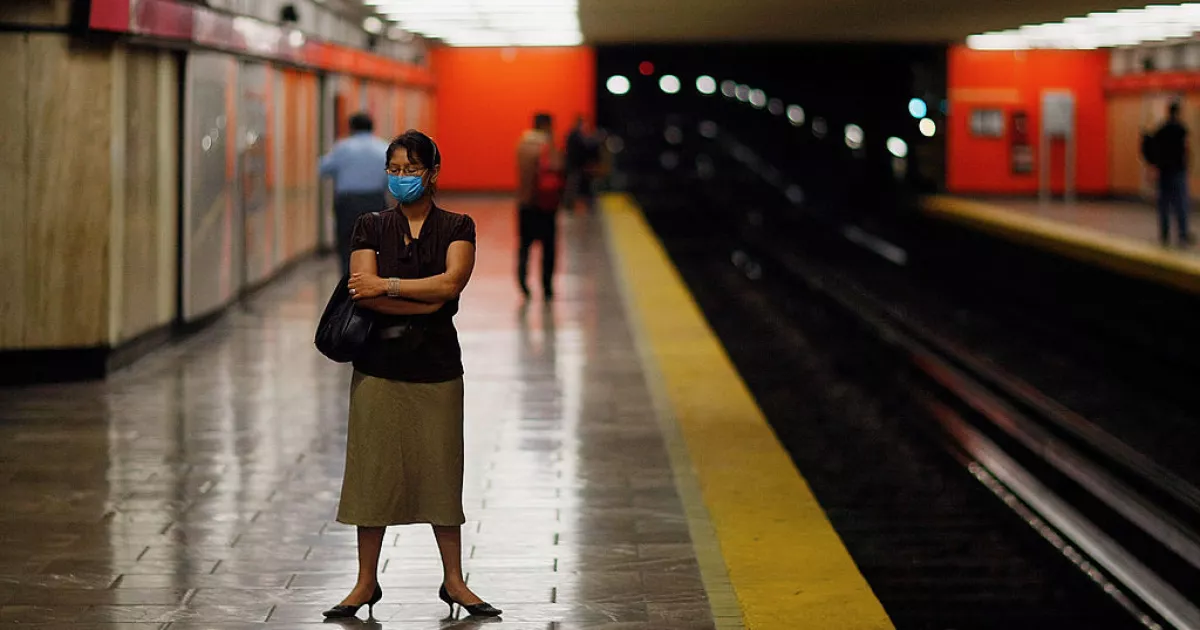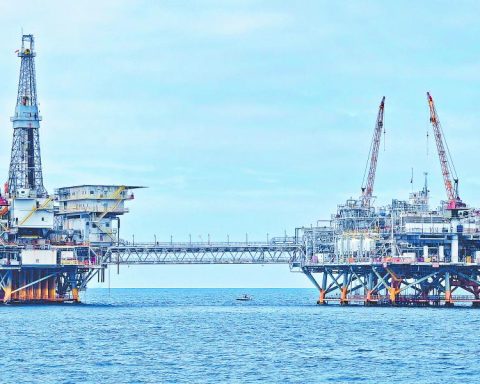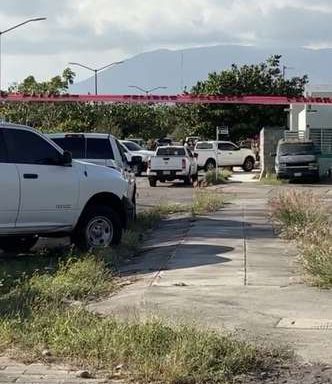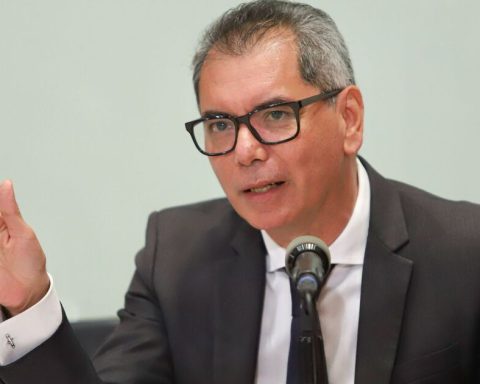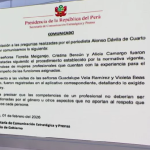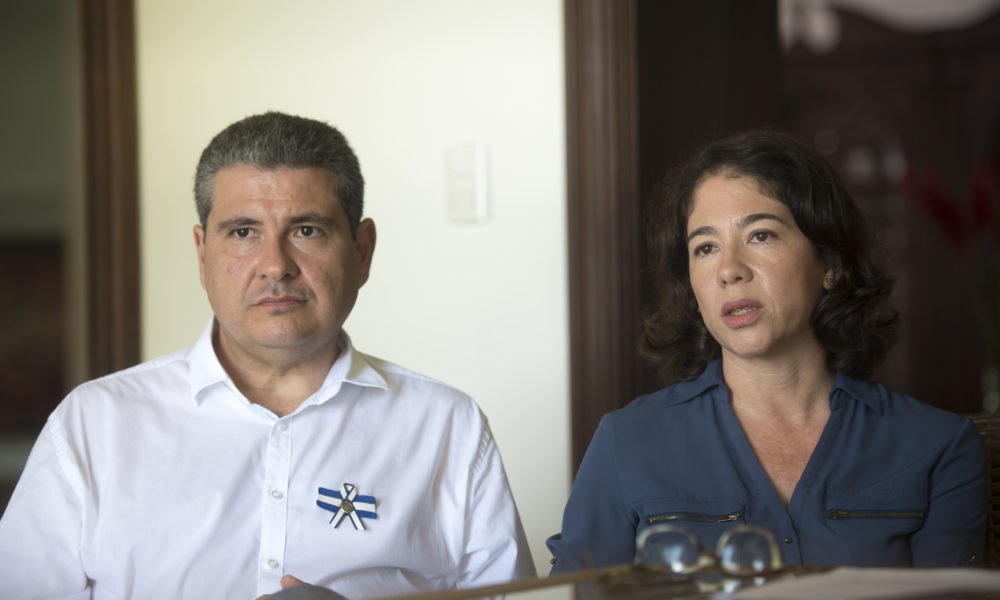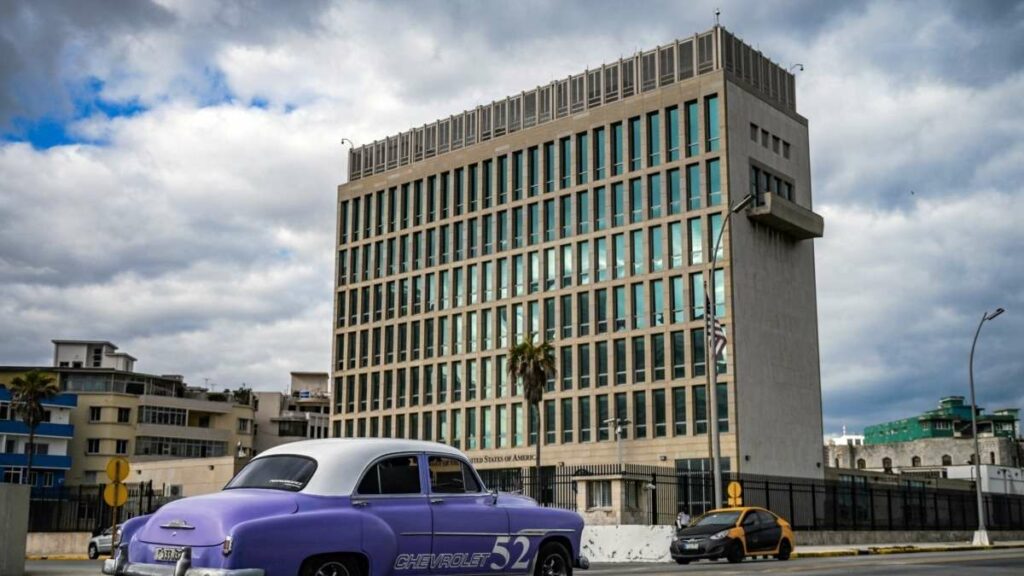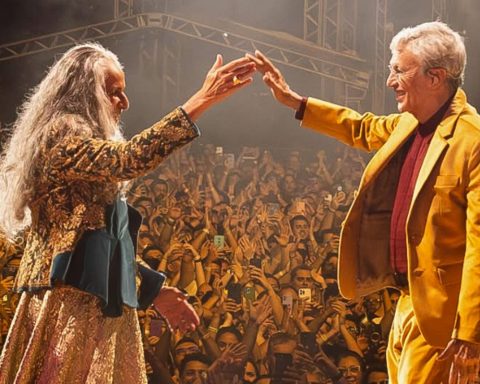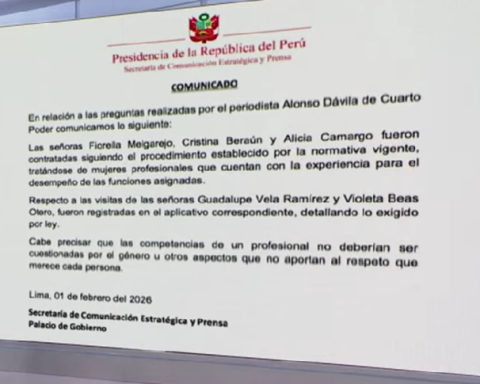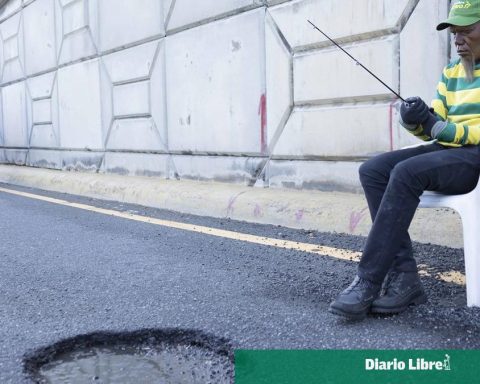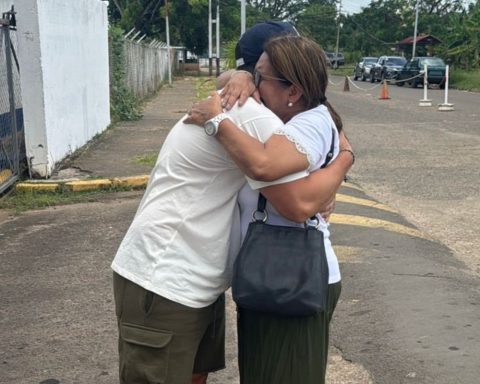Windings on tracks
According to figures from the Metro Collective Transport System itself, from 2018 to 2022 there were 202 deaths due to being run over by people on roads, the majority of which occurred in 2018.
The low passenger mobility in Mexico City due to the covid-19 pandemic did not reduce the collisions, since these figures remained similar between 2019 and 2021.
protocol against the clock
Luis Lamah, Metro civil protection coordinator, explains to Political Expansion that any power outage that causes a service interruption for more than 10 minutes is considered a “relevant event”, and when a person is run over by a passing train, the situation falls under that assumption.
From the moment a run-over is reported, Metro personnel work against the clock to restore service as quickly as possible, because regardless of how important the event of the injured person is, service must be restored as soon as possible, since in the same way depends on the mobility of thousands of passengers.
That is why the average time for the power outage and the rescue of a person’s body is 17 minutes, although it may take longer, depending on the complexity of the event.
“What is to be done in the event of a relevant event? First, the power outage on the tracks and then the eviction of people on the platforms and, when possible, of the users in the wagons”, he explains.
#MetroNotice: The service is momentarily stopped on Line 9. We carried out maneuvers to rescue a person run over on the tracks.
– MetroCDMX (@MetroCDMX)
December 21, 2022
For Metro personnel, a person being run over on the tracks is an event that involves attending not only the specific place of the event, but also carrying out activities on platforms, wagons and stations affected by the service interruption.
Luis Lamah ensures that the safety of users is above any protocol, which has even earned the Metro inconvenience from passengers for remaining inside a wagon during the time a rescue occurs, for being evicted from the platforms or not Allow them access to the facilities.
“Sometimes, it is preferable not to evacuate the train and that the rescue or salvage be carried out. It is a coordinated work with different areas to make people understand why the service was interrupted, without seeing us as alarmists, because it is unethical to be yelling at them that we are going to recover bodies ”, he points out.
